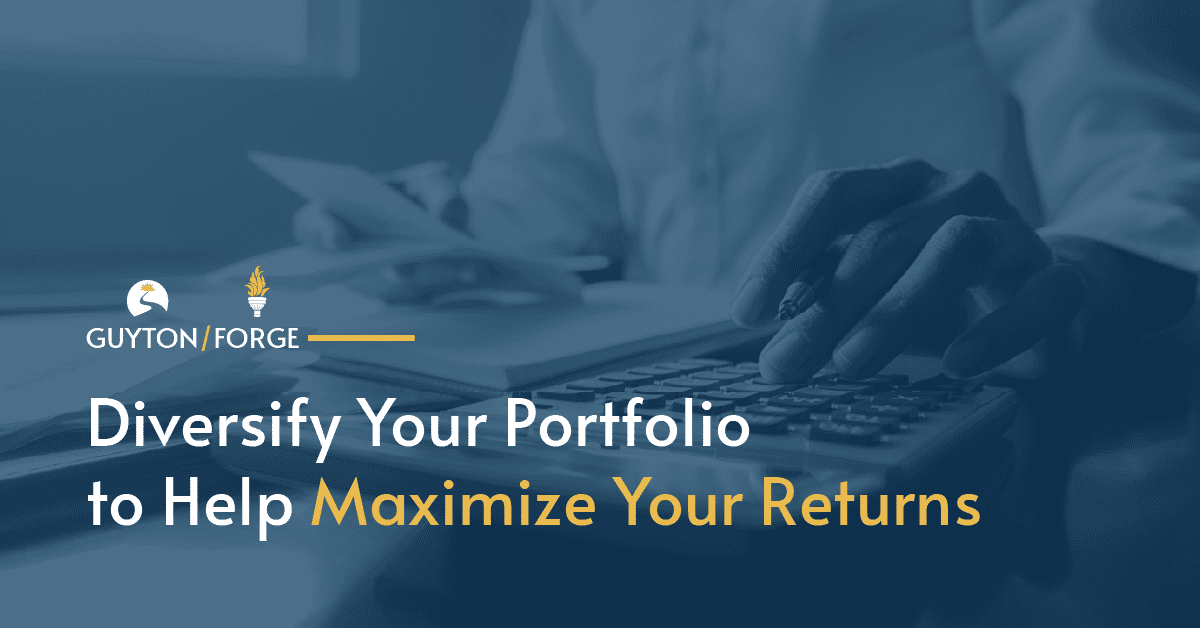Each person’s risk level needs to be consistent with their personal tolerance, as determined by how they answer questions on a risk tolerance questionnaire. It’s also essential to build a model of your retirement income to test its adequacy relative to your income needs.
Everyone’s situation is different, so each person must consider their own specific financial goals and needs. Keep in mind that there’s a wide range of products, from extremely conservative to extremely aggressive and, for most people, it’s good to have a combination of these.
Work with a financial advisor, who can help ensure that everything is coordinated and integrated, so your financial plan works no matter what. For instance, as a Retired Income Certified Planner, I make sure my clients’ plans are all integrated and diversified. That way, when we have a market dip you don’t have to panic because you don’t have all your eggs in one basket, like the stock market. With proper financial planning, market volatility is not going to compromise your financial health over the long term.
At Guyton/Forge, we use models where we sit down with each client and find out how much money they need to live on. We’re meticulous about analyzing their expenses, using a worksheet. And we look at what they have coming in for income, whether that’s a salary, Social Security, pension, etc. We use the assets to generate income to meet each client’s expense needs. And we need the model to put everything into context. I often compare this to a road map, which helps you get where you’re going.
The model helps frame up what the plan should be. So, if the model says you’ll run short on money, you’ll have to adjust. That might mean postponing retirement to work longer, cutting expenses to spend less, and/or getting a part time job in retirement. If your plan indicates that you’re doing really well with your finances, and exceeding expectations, you might opt to give some money to your children or charitable causes.
It’s critical to diversify your plan and have different strategies to deliver retirement income. You need insulation from the market, in case of a downturn. People think of this as asset allocation. But what you really need is strategy allocation. Have some cash available for emergencies. And have guaranteed income streams, whether that’s from annuities, Social Security, pensions, or a combination of things. You want to have money that’s exposed to market growth to help offset inflation.
When you build the models, create a plan, and have a comprehensive view of your financial situation, you’ll be in a much better position to make conscious, well-informed decisions about your risk allocation.
If you’re unsure about the best strategy for you, we’d love to talk with you and guide you toward an abundant living!






